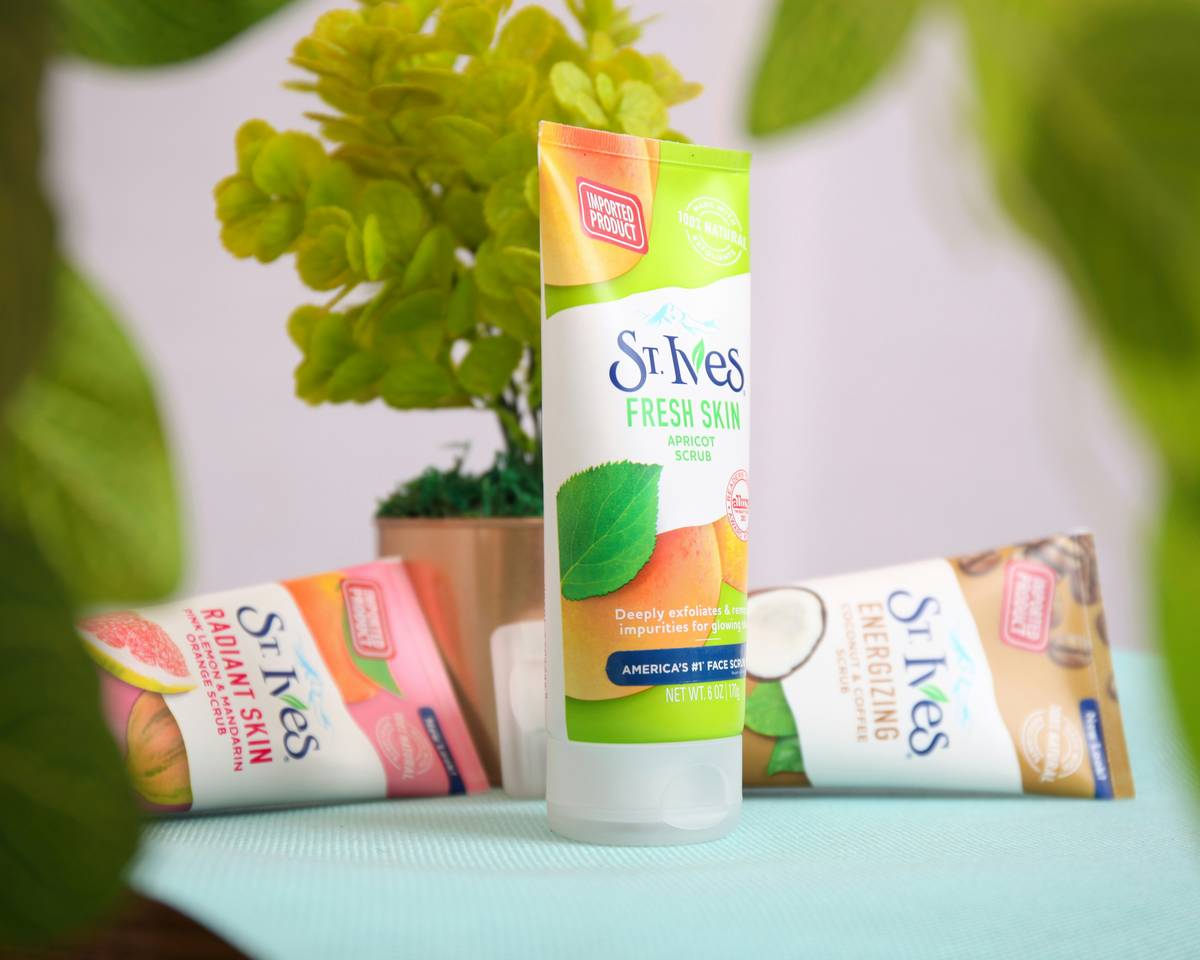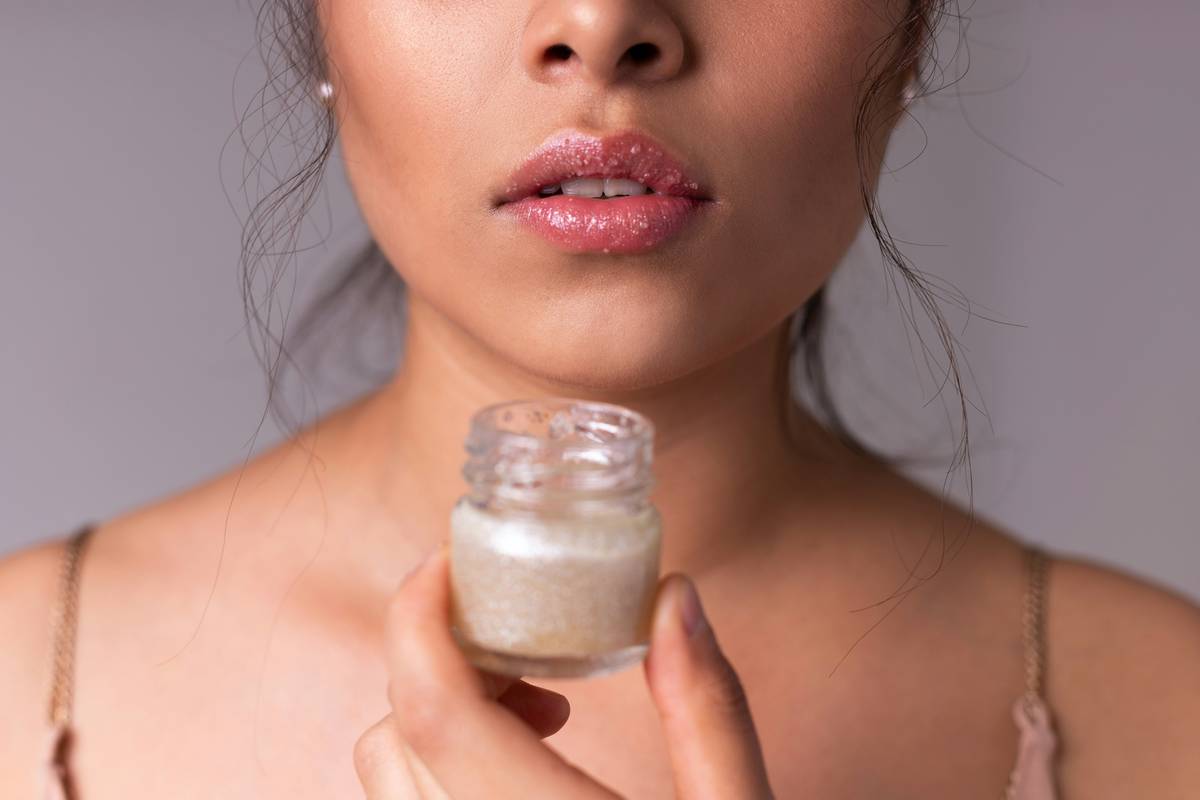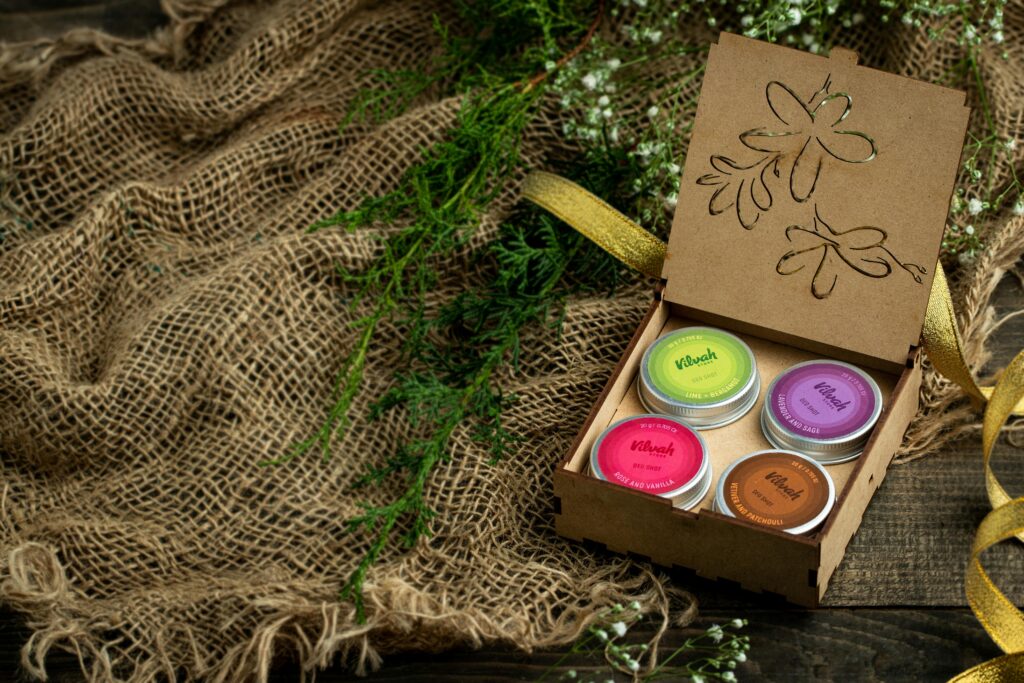Table of Contents
- Introduction
- Key Takeaways
- The Problem with Synthetic Moisturizers
- How to Choose the Right Organic Moisturizer
- Top Tips for Natural Face Hydration
- Real-Life Success Stories
- FAQs
- Conclusion
Introduction
Ever stared at your reflection after a long day, only to realize your skin feels like the Sahara Desert? Yeah, us too. In a world buzzing with beauty hacks, finding effective natural face hydration can feel like searching for water in that very desert. But what if we told you the answer lies in organic moisturizers?
In this blog post, we’ll dive deep into the realm of organic and natural beauty, honing in on organic moisturizers as the holy grail of glowing skin. You’ll learn why synthetic options might be failing you, how to pick the perfect organic moisturizer, expert tips for natural hydration, plus real-life success stories that prove it works.
Key Takeaways
- Synthetic moisturizers may irritate sensitive skin and disrupt natural balance.
- Organic moisturizers nourish deeply without harmful chemicals.
- Ingredients like shea butter, aloe vera, and jojoba oil are stars of natural face hydration.
- Mistakes happen—like slathering on coconut oil when your skin is acne-prone (oops).
- Hydrated skin isn’t just about products; consistency matters!
Why Synthetic Moisturizers Fail Us
Let’s get one thing straight: Not all moisturizers are created equal. Many synthetic moisturizers boast flashy claims but hide sneaky baddies like parabens, sulfates, and silicones. These culprits might give an instant glow, but they often strip your skin of its natural oils over time.
“Optimist You:” ‘It’ll work this time—I promise!’
“Grumpy You:” ‘Ugh, fine—but only if coffee’s involved.’ And trust me, synthetic ingredients don’t pair well with caffeine-fueled mornings either.

Your Game Plan: Choosing the Perfect Organic Moisturizer
Alright, let’s break it down step by step:
Step 1: Check the Ingredient List
Avoid anything you can’t pronounce—seriously. Look for powerhouse naturals like hyaluronic acid, rosehip oil, or green tea extract. These babies do wonders for natural face hydration.
Step 2: Match It to Your Skin Type
Not all organic moisturizers suit every skin type. Oily skin loves lightweight gels with cucumber extracts, while dry skin craves creamy formulas rich in shea butter.
Step 3: Test Before Committing
Pro tip: Buy travel-sized versions first. This saves both dollars *and* heartbreak when your skin throws a tantrum.
Top Tips for Natural Face Hydration
- Layer Smartly: Start with toner, then serum, and finish with moisturizer to lock in goodness.
- Drink Water Like It’s Free Therapy: Spoiler alert—it kinda is.
- Use a Humidifier: Indoor heating? Bye-bye moisture. Add humidity back in.
- Terrible Tip Alert: “Slather olive oil directly from the kitchen.” No, nope, nah. Just…no.
Proof That Organic Works
Cue Sarah, who switched to an avocado-and-aloe-based moisturizer after years of battling redness. Her skin transformed within weeks. Or Jake, whose acne cleared up thanks to a non-comedogenic jojoba blend.
Sounds like your laptop fan during a 4K render—whirrrr. Except this result? Worth the wait.
FAQs About Natural Face Hydration
- Q: Can oily skin benefit from organic moisturizers?
- Absolutely! Just opt for lightweight formulas designed for oil control.
- Q: Will organic moisturizers work overnight?
- Hate to burst your bubble, but glowing skin takes consistency—not magic wands.
- Q: Are organic moisturizers expensive?
- Some are pricier than drugstore finds, but DIY recipes using honey or oatmeal are budget-friendly alternatives.
Ready to Glow Naturally?
Glowing, hydrated skin doesn’t have to come at the cost of toxic ingredients. Armed with knowledge about natural face hydration, selecting the best organic moisturizers, and adopting smart skincare habits—you’re ready to conquer the world (or at least your bathroom mirror).
Like a Tamagotchi, your skincare routine needs daily care. Stay consistent, stay glowing. 💚✨


